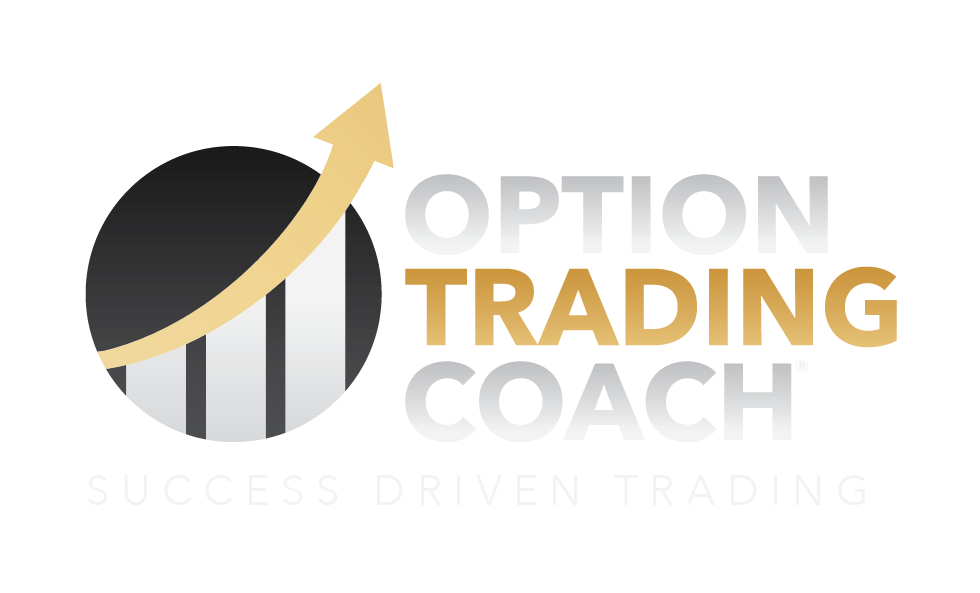1. Understanding Emotional Triggers
Every trader has emotional triggers—situations or events that cause them to act impulsively. For some, it’s a losing trade that sparks frustration or fear of missing out (FOMO) that drives them to chase a trend. For others, big wins can lead to overconfidence and risky behavior. Recognizing these triggers is the first step in developing emotional discipline. Once you know what triggers your emotions, you can take steps to manage them more effectively.
2. Following a Trading Plan
A solid trading plan is the backbone of emotional discipline. By clearly defining your entry and exit points, risk management rules, and overall strategy, you create a structured approach that minimizes impulsive decisions. When the market becomes unpredictable, sticking to your plan ensures that your actions are guided by logic, not emotion. A well-thought-out plan provides a sense of control and reduces the likelihood of reacting emotionally to market fluctuations.
3. Managing Risk and Expectations
Managing risk is crucial for maintaining emotional discipline. When traders risk too much on a single trade, the emotional impact of a loss can be overwhelming. By setting appropriate stop-loss levels and diversifying your trades, you protect your capital and reduce the emotional stress associated with losing trades. Setting realistic expectations also helps maintain emotional balance. Understand that losses are part of the process and that no trader wins every trade.
4. Accepting Losses Gracefully
Losses are inevitable in trading, and how you react to them is key to maintaining emotional discipline. Instead of getting frustrated or trying to “revenge trade” to make up for losses, accepting them as part of the learning process allows you to move forward calmly. By learning from each loss and using it to improve your strategy, you build emotional resilience and avoid letting negative emotions interfere with your trading decisions.
5. Staying Calm During Volatility
The market’s ups and downs can trigger emotional responses such as panic or euphoria. Staying calm during periods of volatility is essential for making clear-headed decisions. Traders with emotional discipline can assess market conditions logically and avoid acting impulsively when prices fluctuate dramatically. This composure allows you to stick to your plan, even when the market seems chaotic.
6. Developing Patience
Patience is a cornerstone of emotional discipline. Trading requires waiting for the right opportunities and allowing your trades to develop according to your plan. Impatience often leads to premature exits or entering trades too early, which can result in losses. By cultivating patience, you give your strategies time to unfold and avoid making hasty decisions driven by emotion.
Emotional discipline is crucial for becoming a successful trader. By understanding your emotional triggers, sticking to a trading plan, managing risk, accepting losses, staying calm in volatile markets, and cultivating patience, you can reduce the impact of emotions on your decisions. Emotional discipline helps you maintain consistency and make decisions based on logic and strategy, rather than reactionary impulses, leading to long-term success in trading.
